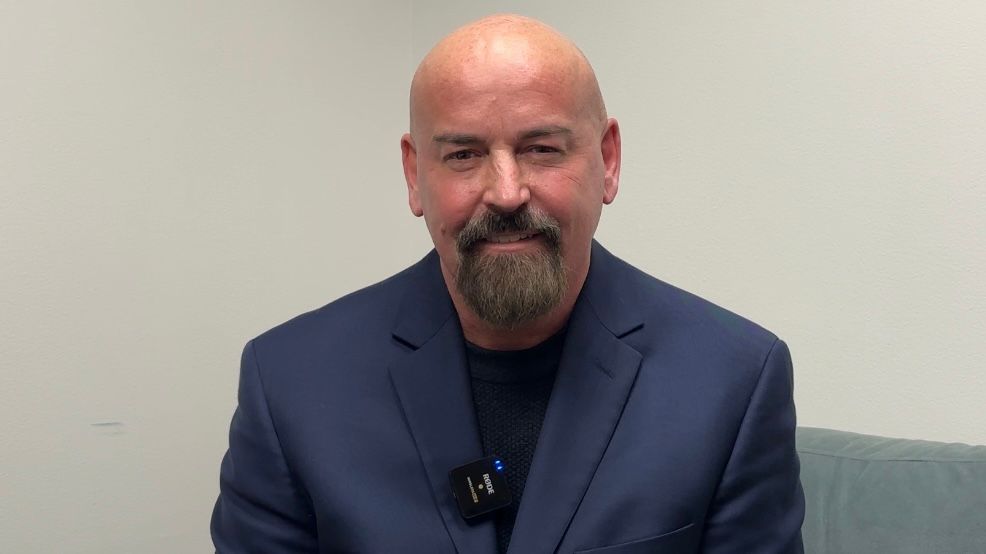Crypto Lawyer John Deaton Wins Senate Primary, Will Challenge Elizabeth Warren
04.09.2024 10:00 1 min. read Alexander Stefanov
John Deaton, a prominent advocate for cryptocurrency, has clinched the Republican nomination for the U.S. Senate seat from Massachusetts and is set to compete against incumbent Democratic Senator Elizabeth Warren in the general election this November.
Deaton, known for his support of Ripple and a former Marine, emerged victorious in the Republican primary, outpacing Bob Antonellis and Ian Cain. With 64% of the vote counted, Deaton secured a commanding lead, as reported by the Associated Press on September 4.
Warren, who has been a vocal critic of the cryptocurrency sector and has proposed stringent regulations on the industry, is seeking her third term. She has a history of significant victories, including a notable defeat of Scott Brown in 2012 and a strong showing in 2018.
The cryptocurrency industry has rallied behind Deaton, with substantial financial backing from figures such as Ripple executives and the Winklevoss twins. His campaign received over $1 million in support from the Commonwealth Unity Fund, a political action committee focused on crypto interests.
Deaton’s campaign finances show he raised about $1.7 million by late July. Despite his recent primary win, his campaign has not heavily focused on cryptocurrency in his public statements. Earlier this year, he also filed a brief supporting Coinbase in its legal dispute with the SEC.
-
1
USA Imposes Tariffs on Multiple Countries: How the Crypto Market Could React
08.07.2025 8:30 2 min. read -
2
UAE Regulators Dismiss Toncoin Residency Rumors
07.07.2025 11:12 2 min. read -
3
Ripple Selects BNY Mellon as Custodian for RLUSD Stablecoin Reserves
09.07.2025 15:28 2 min. read -
4
Majority of U.S. Crypto Investors Back Trump’s Crypto Policy, Survey Finds
05.07.2025 18:09 2 min. read -
5
Robinhood Launches Ethereum and Solana Staking for U.S. Users
11.07.2025 14:30 2 min. read
Why Most Americans Still Avoid Crypto Despite Growing Adoption
Cryptocurrency ownership in the U.S. has grown steadily over the past few years, but it remains far from widespread.
Two Upcoming Decisions Could Shake Crypto Markets This Week
The final days of July could bring critical developments that reshape investor sentiment and influence the next leg of the crypto market’s trend.
Winklevoss Slams JPMorgan for Blocking Gemini’s Banking Access
Tyler Winklevoss, co-founder of crypto exchange Gemini, has accused JPMorgan of retaliating against the platform by freezing its effort to restore banking services.
Robert Kiyosaki Warns: ETFs Aren’t The Real Thing
Renowned author and financial educator Robert Kiyosaki has issued a word of caution to everyday investors relying too heavily on exchange-traded funds (ETFs).
-
1
USA Imposes Tariffs on Multiple Countries: How the Crypto Market Could React
08.07.2025 8:30 2 min. read -
2
UAE Regulators Dismiss Toncoin Residency Rumors
07.07.2025 11:12 2 min. read -
3
Ripple Selects BNY Mellon as Custodian for RLUSD Stablecoin Reserves
09.07.2025 15:28 2 min. read -
4
Majority of U.S. Crypto Investors Back Trump’s Crypto Policy, Survey Finds
05.07.2025 18:09 2 min. read -
5
Robinhood Launches Ethereum and Solana Staking for U.S. Users
11.07.2025 14:30 2 min. read


